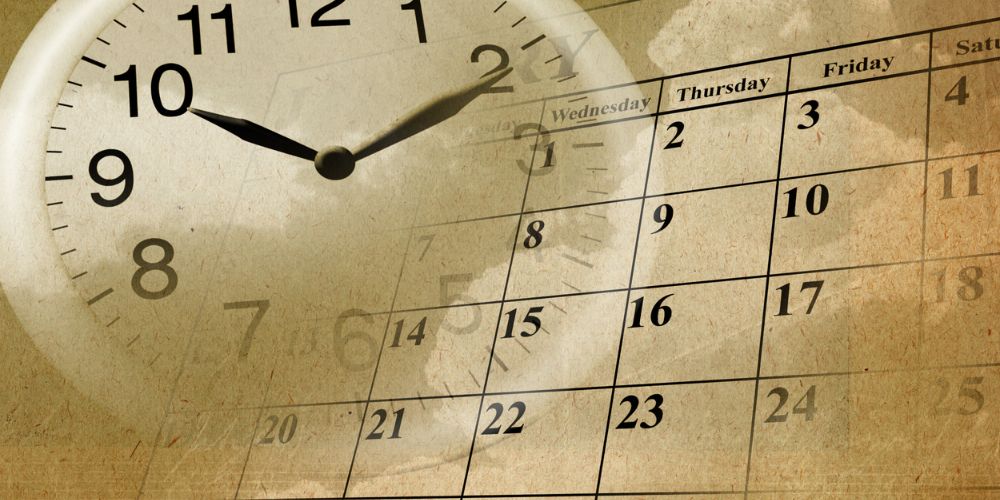Compared to many other areas of law, bankruptcy is a very quick and most powerful process for the filer(s). Generally speaking, the Chapter 7 Bankruptcy process can be completed within four (4) months of filing and a Chapter 13 Bankruptcy, which involves a repayment plan back to the creditors, can be confirmed in as little as (3) months, although the repayment plan is typically (3) three to (5) five years.
Before the actual filing of a bankruptcy matter, Sadek Bankruptcy Law Offices offers flexible and affordable payment plans for legal services. Generally, the payment plan is two to three months. Once you hire our bankruptcy lawyer, we field all creditor calls on behalf of our clients while they are in an affordable payment plan for legal services. It is our mutual goal to file a bankruptcy case as expeditiously as possible for all of our valued clients.
The Bankruptcy Filing Process
Prior to filing Bankruptcy, our office obtains a 3-source credit report indicating the future credit score one year after filing and a judgment and lien search as well. This information along with pay stubs, bank statements, and tax returns are used to prepare a bankruptcy petition. Our office prides itself on fast and accurate petition preparation and filing. It is our goal to have a bankruptcy petition prepared and filed within fourteen days of the conclusion of our payment plan. Of course, there are times when an emergency petition is necessitated and a bankruptcy petition can be filed the same day, especially in cases that involve a looming foreclosure or repossession. Learn more about an Emergency Bankruptcy. Prior to filing a bankruptcy petition a meeting is held to review the information with the bankruptcy filer(s), said meeting can be conducted via Zoom, phone, or in person for our client’s convenience.
Automatic Stay
Immediately after filing for bankruptcy, the automatic stay imputed in bankruptcy is in effect. The automatic stay is a provision of the bankruptcy which fully protects the bankruptcy filer(s) and/or their property from the commencement or continuation of collection efforts, this particular provision is one of the primary reasons that individuals and married couples alike file for bankruptcy protection. Learn more about the automatic stay provision codified in the United States Bankruptcy Code 11 U.S.C. Section 362.
Meeting of Creditors
Regardless of whether the personal bankruptcy matter is filed under Chapter 13 or Chapter 7, approximately 30-45 days after the initial filing a “341 Meeting” will be held. Before COVID physical attendance in Bankruptcy Court was required for the 341 creditors meeting. The 341 Meeting holds vast importance in Chapter 7 and Chapter 13 Bankruptcies, however, the remote nature of the hearings that began during the COVID-19 Pandemic continues to be utilized today. Meaning, the need to be present and in court is simply a thing of the past, and phone and Zoom hearings have become the new normal for the 341 meeting of creditors. Although remote hearings were an adjustment for established firms and our Courts, the remote hearings allow a bankruptcy filer to “attend” the hearing from the comfort and privacy of surroundings most familiar to them which is comforting during a legal proceeding.
Final Discharge Order
In the vast majority of Chapter 7 Bankruptcy matters a “discharge” is entered within approximately three months after a Chapter 7 Bankruptcy 341 Meeting. The final discharge order is the successful conclusion of a bankruptcy matter and means that the filer(s) of bankruptcy obtained a fresh financial start and are no longer responsible for their unsecured debts or secured debts which were voluntarily included in the bankruptcy matter. After acquiring a bankruptcy discharge the filer(s) will see their credit score increase on the average about 30-100 points in the first year following filing a bankruptcy. They will also see a plethora of offers for credit. It is our continued advice to avoid the incurrence of any new debt shortly after the bankruptcy filing. This will allow the filer(s) credit score to increase along with their propensity for savings in that they are not paying towards high-interest debt.
Although a Chapter 7 discharge is obtained within (4) months from filing, a Chapter 13 discharge takes between three and five years and a Chapter 13 involves a series of court hearings attended by bankruptcy counsel only named “confirmation” hearings. The confirmation of a Chapter 13 Bankruptcy follows the 341 meeting and requires a showing that the proposed Chapter 13 Bankruptcy plan is affordable and complies with the requirements of a Chapter 13 plan as enumerated in 11 U.S.C. Section 1325. The confirmation process is generally (2) two to (4) four months in duration. After the successful conclusion of the Chapter 13 confirmation proceeding the Chapter 13 filer(s) shall pay towards their creditors based on the parameters of the confirmed Plan. The purpose of a Chapter 13 Bankruptcy Plan is for the bankruptcy filer(s) to repay towards secured debt and an affordable percentage only towards unsecured debt such as high-interest credit card debt, personal loans, collections, medical bills amongst many others. At the conclusion of the Chapter 13 repayment Plan, the filer(s) are entitled to a discharge on any unpaid unsecured debts, meaning, any unpaid debt is simply forgiven.
Schedule a Free Consultation With a Bankruptcy Attorney
In conclusion, in comparison to many other areas of law, a Chapter 7 or Chapter 13 Bankruptcy is most efficient and powerful for the filers. If you have any further questions regarding your particular debt, please contact a bankruptcy attorney at Sadek Bankruptcy Law Offices at 215-545-0008 in Pennsylvania or at 856-890-9003 in New Jersey. We look forward to helping you.





